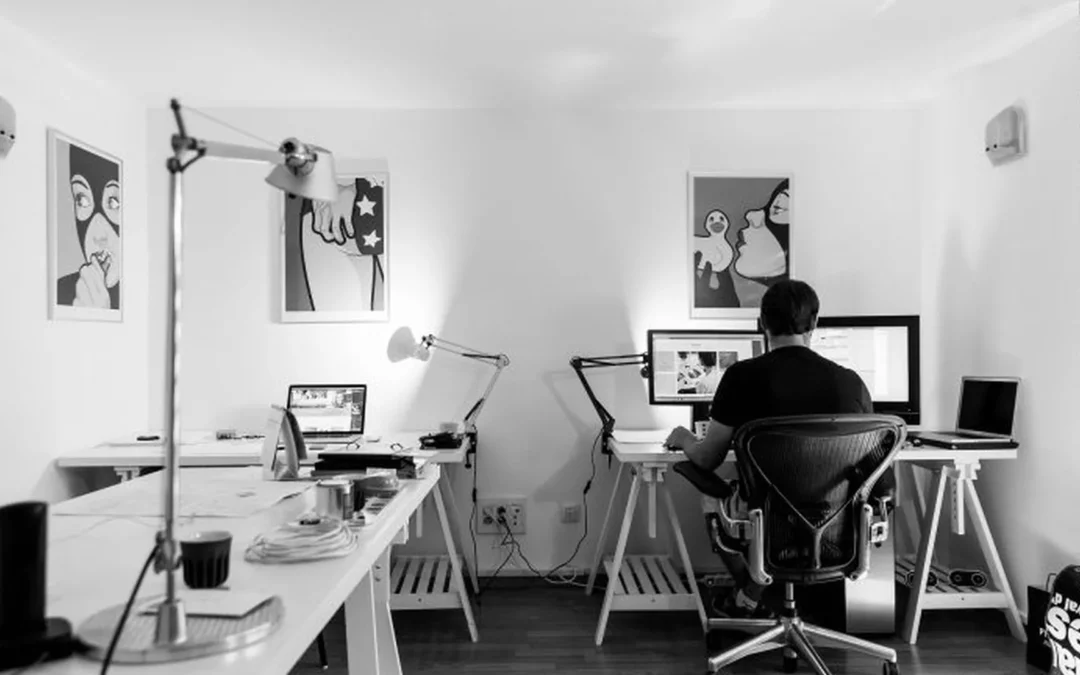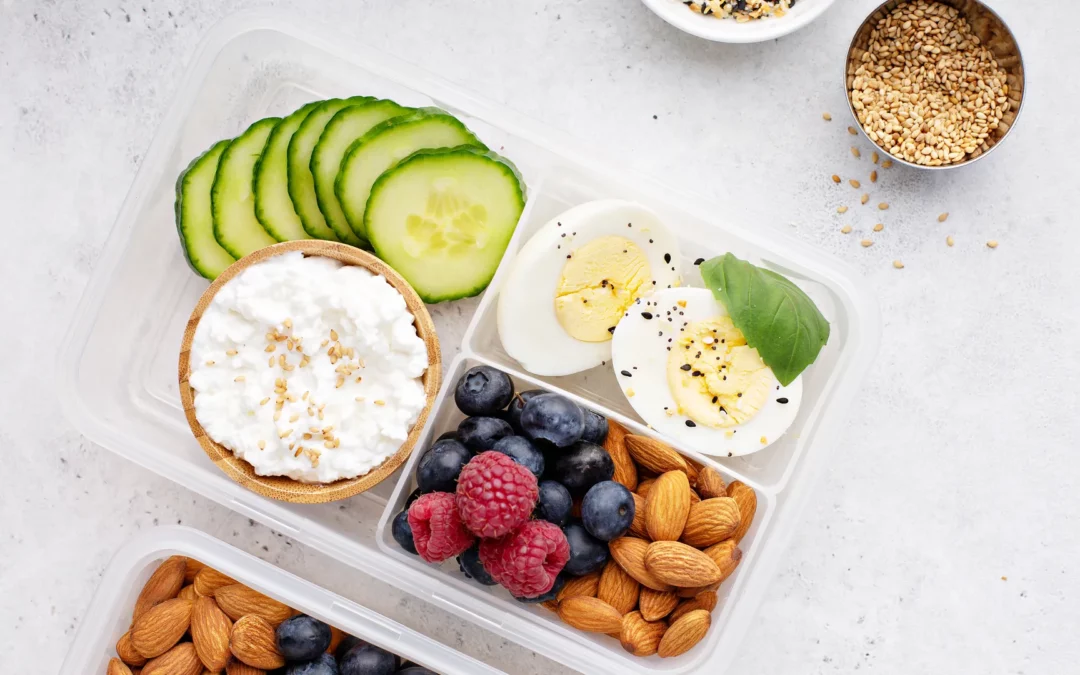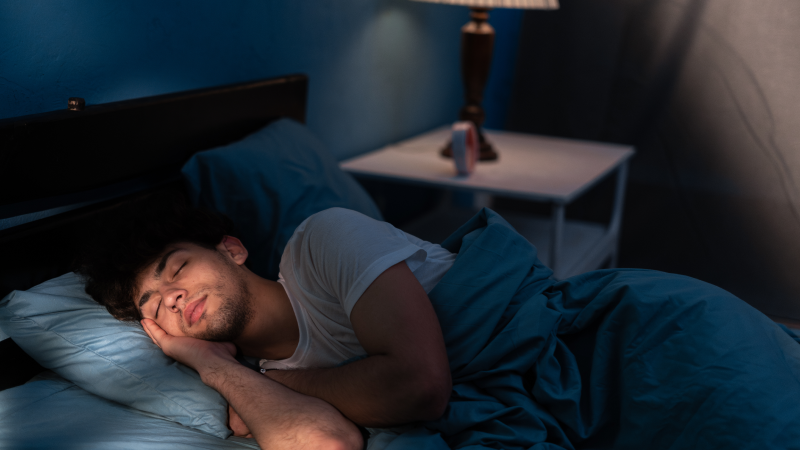
by Audra Starkey | Jul 1, 2021 | De-stress, Nutrition
Do you rely on caffeine to get you through your shift … whether that’s in the form of a coffee, soda or energy drink? Perhaps you rely on two, three, or maybe even more for an energy hit to keep you going? Whilst I’m partial to a 1/2 strength latte or mocha...

by Audra Starkey | Jun 8, 2021 | De-stress, Immunity, Mindset, Sleep
Does your job involve sitting inside all day (and maybe night?) Have you spent years on a weight gain-weight-loss-weight-gain roller coaster? Could lack of sunlight be a contributing factor? My simple answer to that is “yes, most definitely”. Without sufficient...

by Audra Starkey | Feb 11, 2021 | Nutrition
To answer ‘yes’ to this question is certainly not unusual given we’ve been led to believe that we must eat regularly to keep up our metabolism. But is this even true? According to Dr Jason Fung, author of ‘The Obesity Code’, it’s not. It’s a diet fallacy....

by Audra Starkey | Feb 11, 2021 | Nutrition
To answer ‘yes’ to this question is certainly not unusual given we’ve been led to believe that we must eat regularly to keep up our metabolism. But is this even true? According to Dr Jason Fung, author of ‘The Obesity Code’, it’s not. It’s a diet fallacy....

by Audra Starkey | Jan 8, 2019 | Nutrition, Sleep
As we close the door on yet another year, I have to ask – “is one of your New Year’s resolutions to lose weight?” As a shift worker immersed in a sleep disrupted lifestyle, I’d say the chances of you replying to that question with a...





